In recent years, honey bees have been in the news with headlines describing serious decline and/or potential species extinction. This is alarming since honey bees are responsible for pollinating many of our food crops not to mention the flowers and trees we all love. To potentially lose such an important insect species would be devastating to our ecological well being and would severely effect our worldwide food supplies.
Honey bee colony collapse disorder has been thoroughly researched and many possible causes have been examined. Among the top possible causes are pesticide miss-use, cellular phone tower signals, and parasites including hive beetles and Varroa Mites etc. No one knows for certain exactly what caused of this bizarre population decline.
As with most insect species, we have seen cyclical population increases and decline over time. All of us are familiar with the sudden influx of crickets in the Texas Hill country about every 4 years, or the snub-nose moth invasion we experienced in 2017. Some years we see large populations of Boxelder Bugs in our trees and neighborhoods. Mother Nature is very skilled at responding and adapting to changes in our climate and many insect species are affected by these variables.
The good news for all of us is that the honey bee populations have begun to rebound and are showing signs of a full recovery from the past few years of decline.
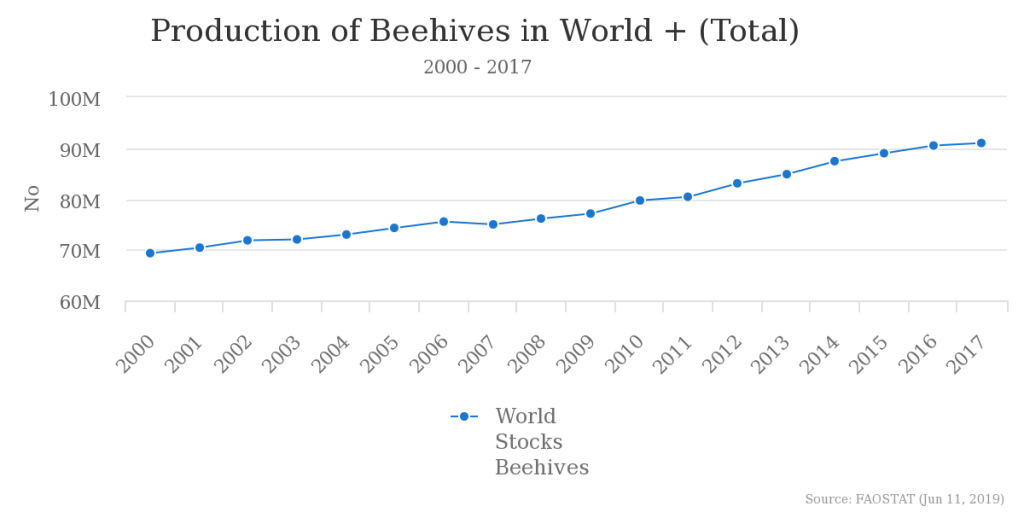
Terminix partners with local bee keepers to protect and save honey bee colonies if they are produced inside structures and/or near homes or animals that could be threatened by possible aggressive behavior. Our company policy states that we do not treat flowering plants or fruit producing trees during pollination season, and we always save honey bee colonies whenever possible.
Recently we saved a hive in the attic of a local Kerrville Business building.
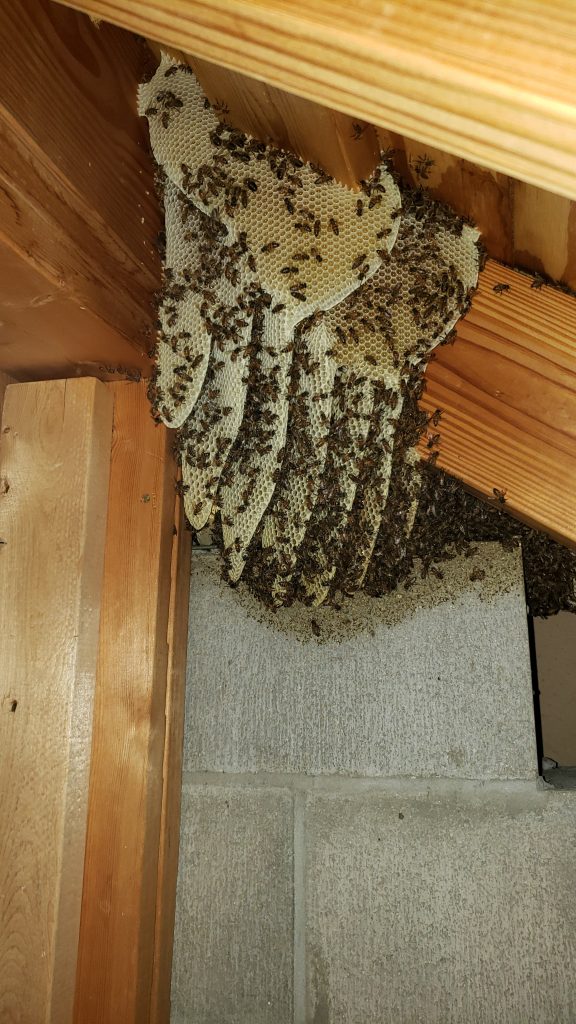
Working with a local bee keepers, we were able to extract and save this honey bee colony and move it to a new location in the city.
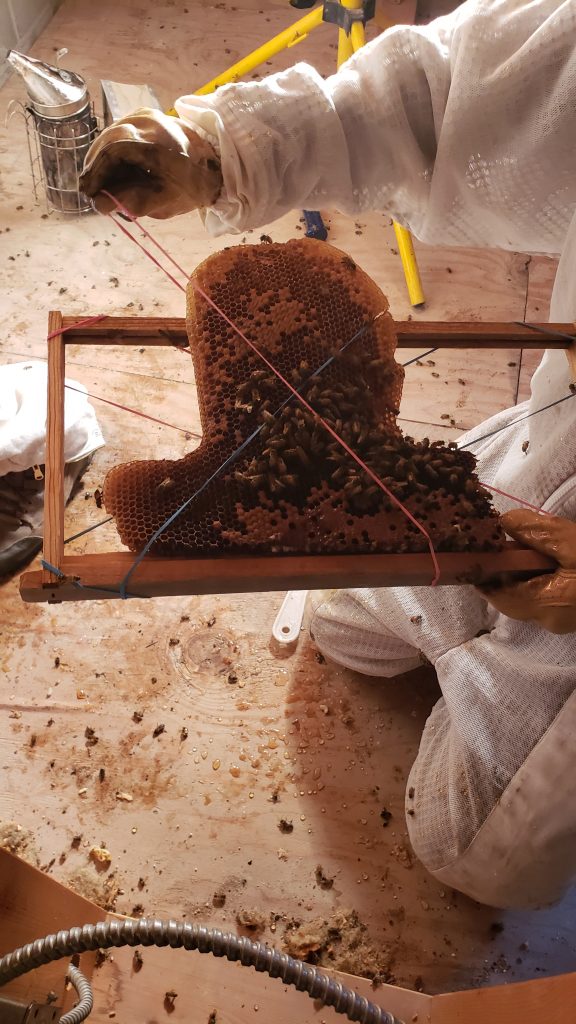
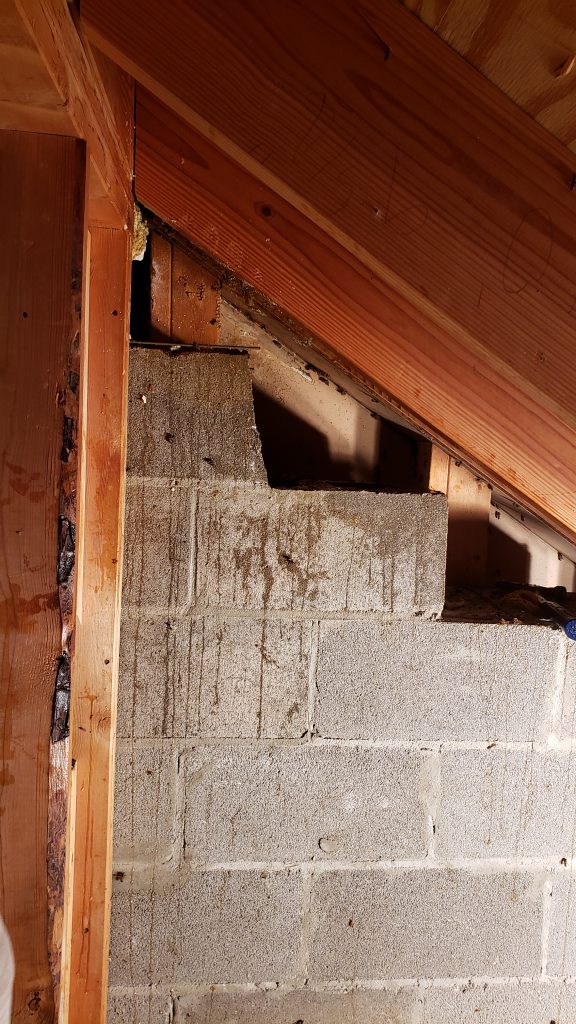
Luckily we have great partners who are happy to jump in whenever possible to help take care of our pollinating friends.
Please call if you’re ever hearing a buzzing sound near your home or business, and we will do everything possible to keep these hard-working and important cohabitants doing what they do best, making delicious honey and our flowers and gardens full of color and fruit!



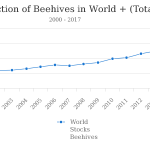
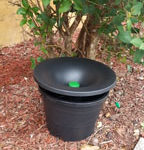
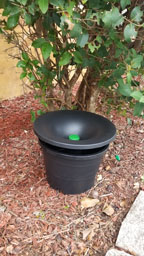 We’ve all heard the news stories about multiple blood-born diseases such as Dengue, Yellow Fever, Chikungunya, and Zika. These life-threatening diseases are spread by the Aedes aegypti female mosquito and have made their way to the United Stated over the past few years.
We’ve all heard the news stories about multiple blood-born diseases such as Dengue, Yellow Fever, Chikungunya, and Zika. These life-threatening diseases are spread by the Aedes aegypti female mosquito and have made their way to the United Stated over the past few years.